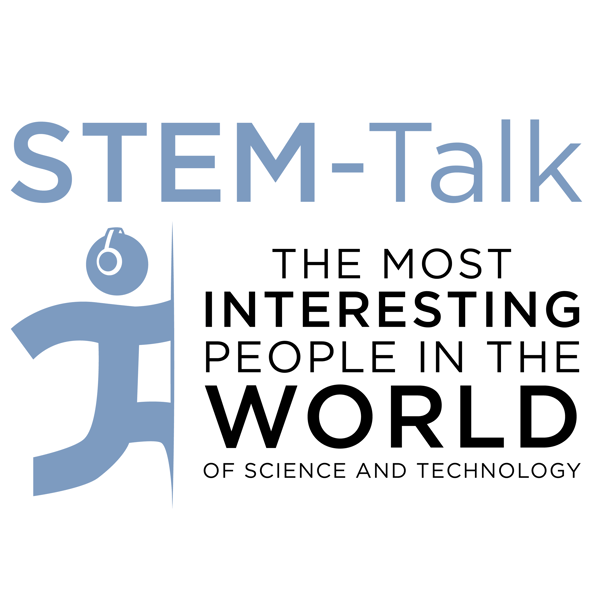Episode 180: Pascal Lee on NASA’s ambitions to send humans to the Moon and Mars
STEM-Talk
Dawn Kernagis and Ken Ford
4.6 • 694 Ratings
🗓️ 9 April 2025
⏱️ 82 minutes
🧾️ Download transcript
Summary
Transcript
Click on a timestamp to play from that location
| 0:00.0 | Welcome to STEM Talk. |
| 0:02.0 | STEM Talk. |
| 0:03.0 | STEM Talk. |
| 0:04.0 | STEM Talk. |
| 0:05.0 | Welcome to STEM Talk, where we introduce you to fascinating people who passionately inhabit |
| 0:11.0 | the scientific and technical frontiers of our society. |
| 0:16.0 | Hello. I'm your host, Ken Ford, chairman of the Double Secret Selection Committee that selects all of the |
| 0:22.3 | guests who appear on STEM Talk. Today we have Dr. Pascal Lee, a planetary scientist at the SETI |
| 0:28.4 | Institute, a not-for-profit NASA program focused on searching for extraterrestrial intelligence |
| 0:33.9 | in an effort to understand and explain the origin and nature of life in the universe. |
| 0:39.3 | Pascal is making his third appearance on STEM talk. Much of his research focuses on asteroids, |
| 0:45.3 | impact craters, and future human exploration of Mars. Our interview with Pascal today |
| 0:51.3 | comes at a time when there's growing momentum for space exploration and manned |
| 0:55.6 | missions to the moon and eventually to Mars. Pascal is a co-founder and chairman of the Mars Institute |
| 1:01.2 | and director of the Houghton Mars Project at NASA Ames Research Center. Last year, Pascal received |
| 1:07.1 | significant news coverage for his discovery of a giant volcano, along with a possible |
| 1:12.1 | sheet of buried glacier ice in the eastern part of Mars Tharsis volcanic province. |
| 1:18.6 | This was the first geological find of this magnitude since the other major volcanoes of Mars were |
| 1:24.1 | discovered back in the 1970s. |
| 1:26.8 | We will talk to Pascal about his discovery, but before we get |
| 1:30.3 | to our interview, I have some housekeeping to take care of. First, all of us at STEM Talk really |
| 1:36.1 | appreciate all of you who have subscribed to STEM Talk, and we are especially appreciative of all |
... |
Please login to see the full transcript.
Disclaimer: The podcast and artwork embedded on this page are from Dawn Kernagis and Ken Ford, and are the property of its owner and not affiliated with or endorsed by Tapesearch.
Generated transcripts are the property of Dawn Kernagis and Ken Ford and are distributed freely under the Fair Use doctrine. Transcripts generated by Tapesearch are not guaranteed to be accurate.
Copyright © Tapesearch 2025.

